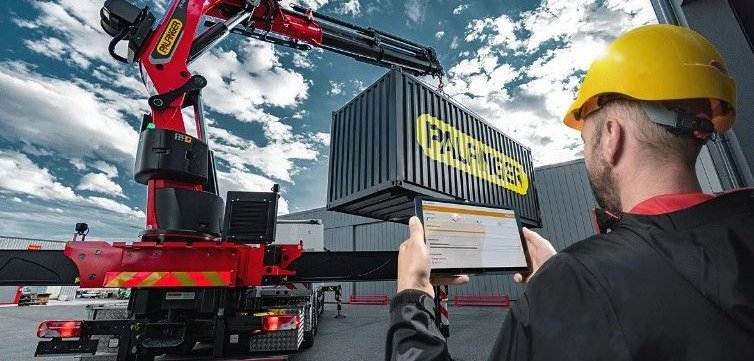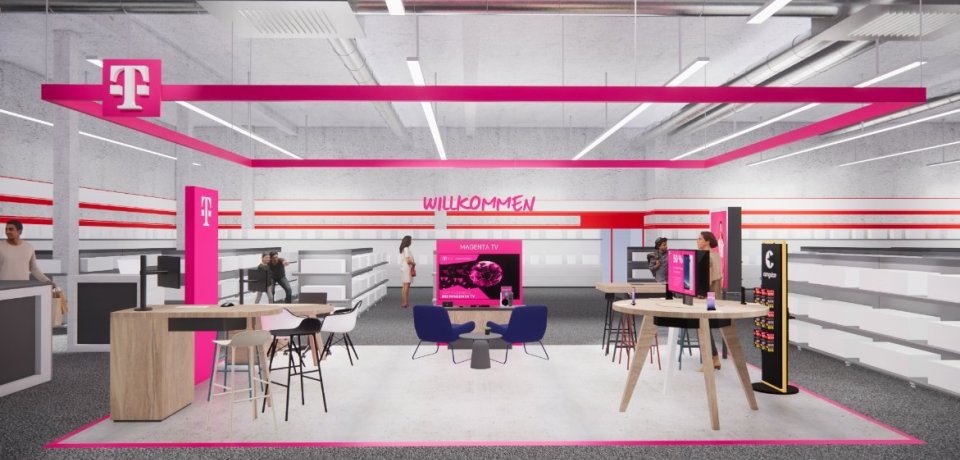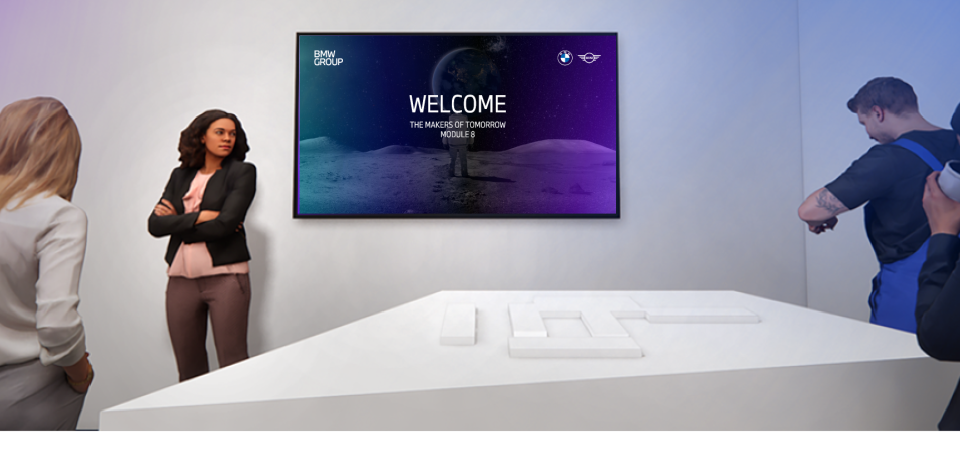A meticulously planned global Implementation & Transformation strategy integrates global-centric approaches with effective implementation and transformative techniques. This approach aims to create a cohesive, value-driven implementation that fortifies organizational adaptability and fuels global growth.
Nevertheless, challenges may emerge in the absence of seamless coordination between diverse departments, inadequacies in employee skills or training, and potential technological hurdles. The inadequate harmonization of global data sources may result in disparities during the implementation process, potentially affecting the desired smooth and unified transformational experience.
We have summarised the most common challenges and possible solutions for you in a brief FAQ.
How can a retail business benefit from well planned Implementation & Transformation?
A planned Implementation & Transformation can enhance your retail business by optimising processes, improving customer experiences, and enabling seamless operations across international markets. It aligns your strategies with global trends, enhances brand consistency, and unlocks growth opportunities.
Our approach: We begin by conducting a comprehensive analysis of your current retail operations, identifying areas for improvement and growth. We then develop a tailored implementation and transformation plan, focusing on optimising key aspects such as supply chain, technology integration, and customer engagement strategies.
What are common challenges retailers face during the implementation process?
Retailers often encounter challenges related to regulatory compliance, cultural nuances, supply chain complexities, and technology integration. These challenges can impact the efficiency and effectiveness of the implementation process.
Our approach: We employ a proactive risk assessment, identifying potential challenges early in the planning phase. We tailor strategies to address specific challenges in the retail sector, providing solutions for seamless regulatory compliance, cultural adaptation, and efficient supply chain management.
How can a well-crafted strategy enhance our retail operations on a global scale?
A robust strategy aligns your retail operations with global market demands, ensuring consistency in branding, product positioning, and customer experience.
Our approach: We collaborate with your team to understand your retail brand, target audience, and market positioning. We then craft a comprehensive strategy that integrates global best practices, leveraging market trends and consumer insights to enhance your retail operations on a global scale.
In what ways can data integration impact the customer experience during the implementation process?
Effective data integration ensures a unified view of customer preferences, purchase history, and interactions, allowing for personalised and seamless customer experiences across global touchpoints.
Our approach: We implement advanced data integration solutions, enabling real-time access to customer data. This empowers your retail business to deliver personalised marketing, recommendations, and services, creating a cohesive and satisfying global customer experience.
How can we ensure smooth coordination between different departments in our retail organization during the implementation process?
Coordination challenges may arise due to communication gaps, conflicting priorities, or differing workflows between departments.
Our approach: We facilitate cross-departmental collaboration workshops and establish clear communication channels. We implement project management tools that provide transparency, ensuring everyone is aligned with the global implementation goals.
What skills and training are crucial for the retail employees involved in the implementation & transformation process?
Retail employees need a combination of technical skills, cultural awareness, and adaptability to navigate the complexities of global implementation.
Our approach: We conduct training programs tailored to your retail team's needs, covering technical aspects, intercultural communication, and change management. Our approach includes ongoing support to ensure a smooth transition and skill adoption.
How can the retail business leverage technology for a successful Implementation & Transformation?
Technology plays a pivotal role in modern retail operations. Leveraging the right tools can enhance efficiency, provide valuable insights, and improve the overall customer experience on a global scale.
Our approach: We conduct a technology readiness assessment for your retail business, identifying areas where technology can drive transformative changes. We then recommend and implement solutions such as integrated POS systems, AI-driven analytics, and e-commerce platforms tailored to your global objectives.
What measures can be taken to address potential cultural challenges during the implementation process in retail?
Cultural differences can impact communication, decision-making, and customer expectations. Addressing these challenges is crucial for successful global implementation.
Our approach: We initiate a cultural sensitivity training program for your retail team, emphasizing the importance of understanding and respecting diverse cultural nuances. We provide resources, conduct workshops, and facilitate open dialogues to create a culturally aware and adaptable retail environment during the implementation process.
Explore our offerings
International Rollout & Implementation Support
We offer a comprehensive toolkit to support international rollout & implementation.
Global Rollout of Sales Network Concepts
We provide direction -
from target definition to monitoring.
Operational Transformation Rollout Support
Elevate your transformation with effective change management solutions and drive organizational evolution.

Operating Model Rollouts
We provide direction -
from target definition to monitoring.
Agile Transformation
Only through continuous development and rapid, efficient adaptability can companies keep pace with the times and turn challenges of the present into opportunities for the future.
Learning Organisation Setup & Implementation
By fostering a growth mindset, innovation and digital transformation, employees are empowered to embrace change and continuous learning.

Implementing and undergoing a transformation process within a company can be challenging, but addressing common issues proactively can improve the chances of success.
Here are some strategies to face the most common challenges:
Challenge: Lack of alignment among leadership on the vision and goals of the transformation.
Strategy: Ensure that leadership is aligned on the purpose, goals, and expected outcomes of the transformation. Facilitate regular communication and collaboration among leaders.
Challenge: Employees may resist change due to fear, uncertainty, or lack of understanding.
Strategy: Develop a robust change management plan. Communicate the need for change, provide training, and involve employees in the process. Recognize and celebrate small victories to build momentum.
Challenge: Employees may resist new processes or technologies.
Strategy: Address concerns openly and involve employees in the decision-making process. Highlight the benefits of the changes and provide training and support to help them adapt. Recognize and reward positive behavior.
Challenge: Integrating new technologies may be complex and disrupt existing workflows.
Strategy: Develop a comprehensive technology integration plan. Test new systems in a controlled environment before full implementation. Provide adequate training and support for employees adapting to new technologies.
Challenge: Maintaining the momentum of the transformation over the long term.
Strategy: Embed a culture of continuous improvement within the organization. Regularly revisit and update strategies based on changing business environments. Foster a mindset that embraces change as a constant.
Challenge: Poor communication can lead to confusion and resistance.
Strategy: Establish clear and consistent communication channels. Share the vision, progress, and benefits of the transformation with all stakeholders. Encourage feedback and address concerns promptly.
Challenge: Inadequate resources can hinder progress and lead to delays.
Strategy: Conduct a thorough resource assessment. Allocate resources effectively and ensure that teams have the necessary tools, skills, and support. Regularly reassess resource needs as the transformation progresses.
Challenge: Employees may lack the skills needed for the new processes or technologies.
Strategy: Invest in training programs to upskill or reskill employees. Identify skill gaps early and provide ongoing support. Consider hiring external expertise if necessary.
Challenge: Lack of clear metrics and KPIs can make it difficult to measure the success of the transformation.
Strategy: Define key performance indicators (KPIs) and regularly evaluate progress against these metrics. Adjust strategies based on performance data and feedback. Celebrate and communicate achievements.
Challenge: External factors, such as economic changes or regulatory issues, can impact the transformation.
Strategy: Stay informed about external factors that could affect the transformation. Build flexibility into the implementation plan to adapt to unforeseen challenges. Regularly assess and adjust the strategy as needed.
By addressing these challenges with a well-thought-out strategy, effective communication, and proactive management, companies can enhance their chances of a successful implementation and transformation.
Why rpc?
We overcome the hurdles of true customer centricity
of all customers value seamless customer experiences and are willing to pay more for them.
*Source: Forbes meta research, 2020
However, 70% of all transformation processes fail in their final stages.
*Source: McKinsey, 2019
With rpc you get access to an internationally
experienced network of experts...
> 430
international experts
> 13.500
process steps recorded and reported
> 800
tools and best practices, to guarantee sustainable change





































